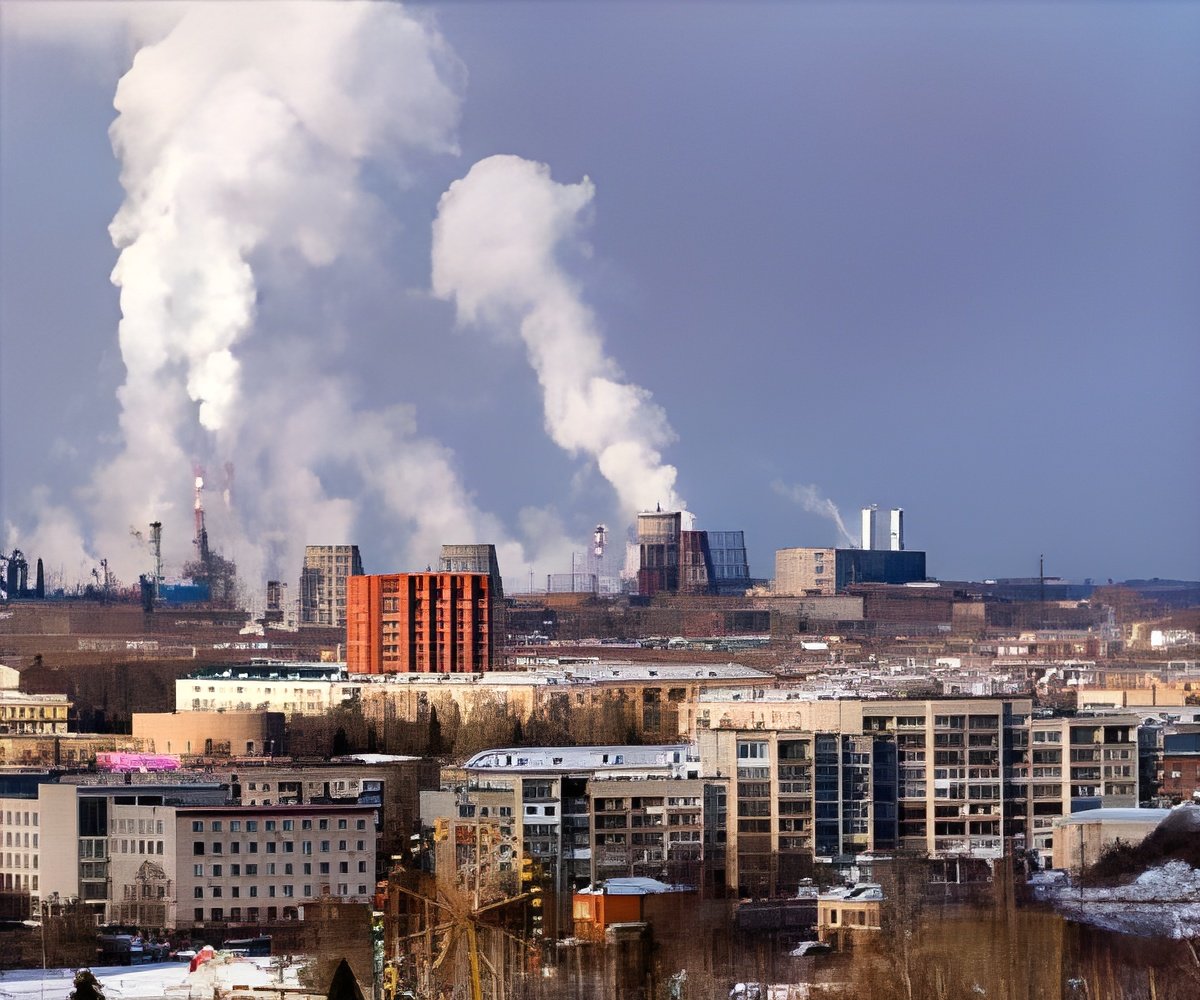The Union Environment Ministry has set standards for industries emitting nitrogen and sulphur dioxides. There is increase in air pollution which has adverse impact on the health of people.

‘Over 80 per cent of cities in India are severely polluted and this impacts 47 million children across the country - Greenpeace report 'Airpocalypse II'.’





"There is increase in air pollution in some of the cities, industrial areas, etc. which has adverse impact on the heath of the citizens. As per the ambient air quality standard data, there is increase in NO2 pollution and increase in particulate matter," it said. The standards of emissions of sulphur dioxide (SO2) and oxides of nitrogen (NOx) covers industries including ceramic, foundry or metal casting, glass, lime kilns and reheating furnaces.
The new standards for SO2 are 200 units for ceramics, 300 units for foundries, 500 (natural gas) and 1,500 (other fuel types) for glass units, 400 units for lime kilns and 300 units for reheating furnance. Similarly for NOx, the standards are 600 units for ceramics, 400 units for foundries, 1,000 (other fuel types) for glass, 500 units for lime kilns and 1,000 units for reheating furnance. Units for both NOx and SO2 is micro gram per cubic nano meters.
"These rules may be called the Environment (Protection) Amendment Rules, 2018. They shall come into force on the date of their publication in the Official Gazette," said a ministry notification dated March 22.
Source-IANS









